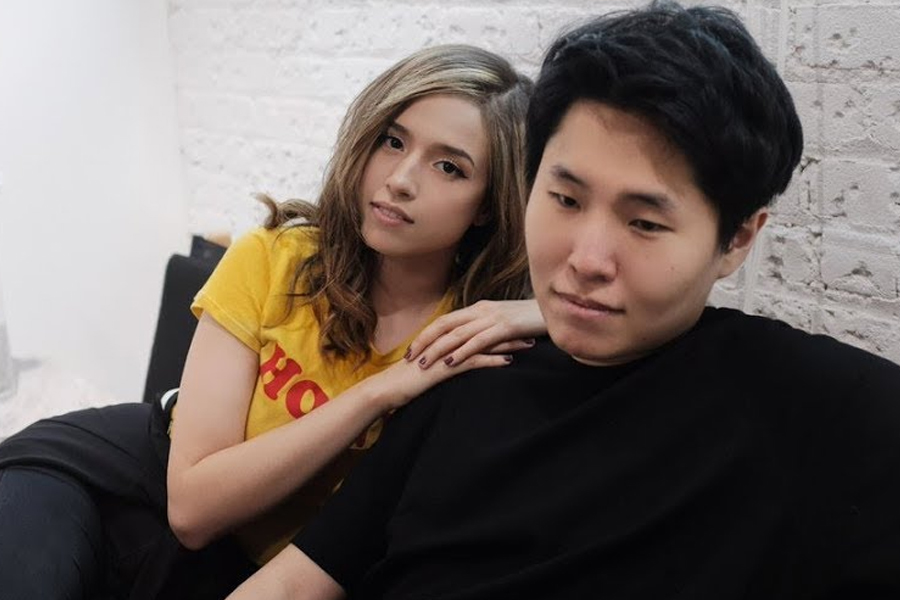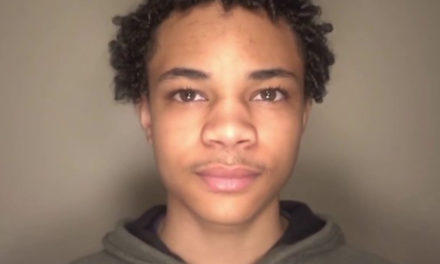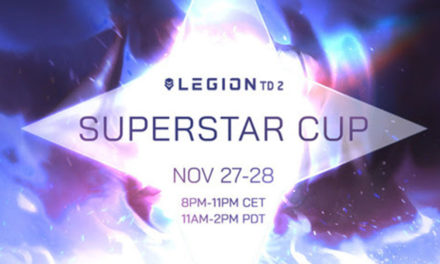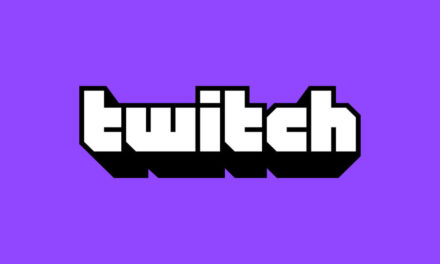Even the most well-known streamers aren’t immune to the DMCA strike ban hammer. Twitch has banned two high-profile Twitch streamers in the last week: Pokimane and Disguised Toast, who were both streaming popular animated series on their channels. While the streaming platform has not officially confirmed the reason for the bans, all signs point to both cases involving copyright infringement—and both streamers have opinions.
Pokimane’s account has been restored after she was banned last Friday of January 7th while streaming Nickelodeon series Avatar: The Last Airbender. Pokimane is one of the most popular streamers on the site, with over 8.5 million followers, so her quick sentence isn’t surprising.
According to Pokimane’s tweet, she was denied access to her Twitch channel for 48 hours after which she held a 12-hour stream on Monday morning to discuss the “just” and “inevitable” punishment.
Disguised Toast’s Twitch channel is less certain, but it appears that most of his fans may have to wait a long time to see him back again streaming. After he was banned last 10th of January for streaming Death Note, it appears that he may have to wait up to a month for his channel to be restored—something that both Toast and his fellow streamers appear surprised by.
Ludwig, Hasanabi, Hafu, Bnans, Peter Park, and others expressed surprise at the lengthy sentence shortly after his tweet. While Pokimane may have thought her ban was reasonable, many have questioned Toast’s punishment, which appears draconian in comparison. Toast apparently streamed “100+ episodes” of anime on his channel, according to Twitter user Petr Fogl, which may have contributed to the month-long ban.
Unfortunately for Twitch streamers who are participating in what is now being dubbed the “TV meta”—a new trend in which some streamers try to attract more viewers to their channel by streaming popular shows—this is the risk that comes with the territory. The streaming service has been notorious for cracking down on DMCA violations in recent years, eventually implementing a three-strikes policy that can result in a streamer’s channel being removed.
While some have questioned the severity of Twitch’s enforcement and expressed dissatisfaction with how justice is distributed unevenly based on a streamer’s popularity, it appears that the platform isn’t willing to budge on its DMCA bans anytime soon.
With such high-profile bans, more streamers may be hesitant to pursue such a high-risk, high-reward method of channel growth, though only time will tell.







